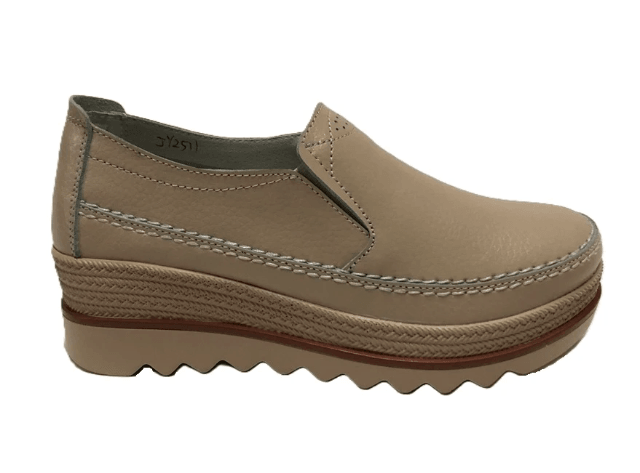For procurement professionals seeking reliable leather footwear suppliers—whether for genuine leather sandals, leather casual shoes, or leather loafers—identifying partners that align with quality, ethics, and market demands is critical. Here are seven essential metrics to assess suppliers in the competitive leather footwear industry.
1. Material Quality & Leather Certification
Premium genuine leather footwear manufacturers must source hides from ethical and certified tanneries. Look for suppliers compliant with the Leather Working Group (LWG) certification. For example, LWG-certified tanneries ensure full-grain leather durability, crucial for products like leather sandals that require breathability and longevity.

2. Craftsmanship & Technical Expertise
Examine suppliers’ manufacturing techniques. For leather loafers or leather casual shoes, precision in lasts ensures consistent sizing and comfort, a standard upheld by heritage shoemakers like Church’s.

3. Compliance & Social Responsibility
Verify certifications like BSCI (social accountability) and ISO 14001 (environmental management). Suppliers adhering to LWG’s updated protocols, which include social audits and chemical safety, demonstrate a commitment to ethical production. This is vital for brands targeting eco-conscious markets with sustainable leather sandals or leather loafers.

4. Product Diversity & Innovation
A robust supplier portfolio should cover trending categories—from minimalist leather loafers to rugged leather casual shoes.

5. Supply Chain Transparency
Transparency in raw material sourcing and subcontracting is non-negotiable. Suppliers should provide traceability reports, especially for exotic leathers or dyed finishes used in designer sandals.

6. Customization & Scalability
Evaluate flexibility in order sizes and bespoke designs. For instance, suppliers offering small-batch production for leather loafers or custom embossing on sandals can help brands differentiate.

7. Market Reputation & Client Feedback
Analyze supplier reviews and client case studies. Brands like Timberland and Cole Haan collaborate with suppliers renowned for durable casual shoes and ergonomic designs, validated by positive B2B test imonials.

Choosing the right genuine leather footwear supplier (genuine leather footwear manufacturer) focuses on balancing craftsmanship, compliance, and adaptability. By prioritizing LWG-certified materials, ethical practices, and innovative capabilities, buyers can secure partnerships that deliver timeless sandals, versatile loafers, and trendsetting casual shoes, ensuring long-term success in a dynamic market.
To see more of our leather shoes designs, please send us inquiry now!

